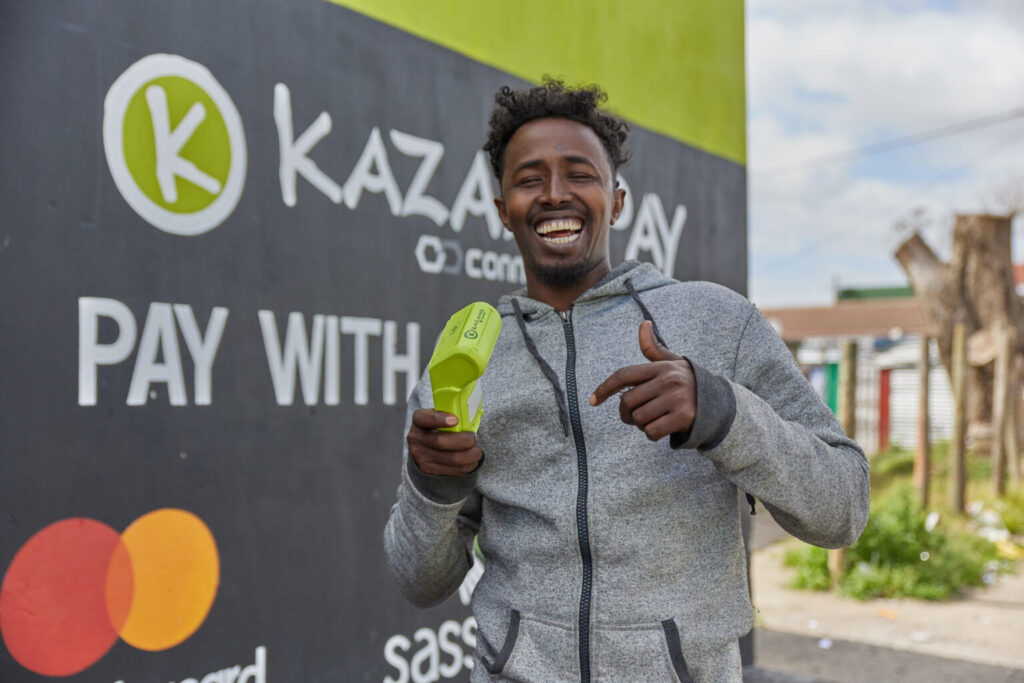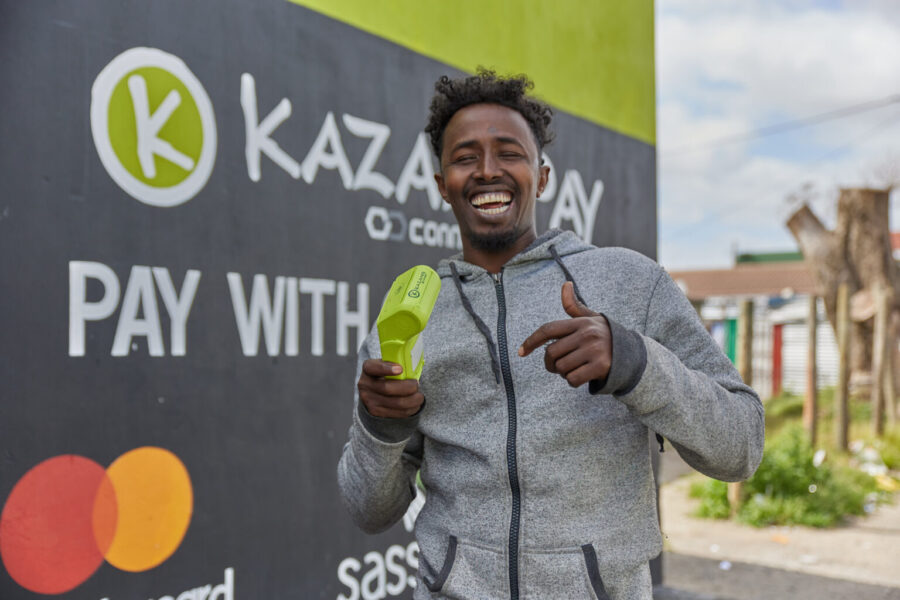
With an estimated 150,000 micro merchants* in townships, peri-urban areas and rural areas, digitalising small and informal merchants could create significant economic spinoffs for underserved and excluded communities across the nation. Generating R178 billion in annual sales, these merchants serve around 80% of the population.
That’s the word from Martin Wright, CEO of Kazang, the prepaid value-added services (VAS) and card acquiring business within JSE-listed fintech Lesaka Technologies. He says that these merchants are often excluded from the financial and technology tools that larger retailers take for granted, restricting them from reaching their full potential.
Says Wright: “There can be little doubt about the central role micro merchants play in the South African economy. They generate employment for hundreds of thousands of people, bring access to goods and services closer to communities in rural areas and townships, and help to keep money circulating in these communities.
“However, these small and informal merchants also face a range of obstacles in running their businesses. Competition can be fierce, margins are tight, merchants’ exposure to cash crime risks is significant, many face challenges in managing cash flow, and it can be difficult to grow and scale their businesses.”
It is thus imperative for the wider financial and business ecosystem to support micro-merchants with digital tools that help them to manage their businesses more efficiently and grow their revenues. This, in turn, can help merchants to serve their communities more effectively.
With digital tools in place, merchants can also simplify tracking sales and create a footprint that could make it easier for them to access loans and other financial services.
Fintech companies such as Kazang have stepped in to enable micro-merchants to maximise the potential of their businesses, adds Wright. Kazang operates a national network of more than 90,000 value-added services (VAS) devices processing around 3 million transactions daily.
These terminals enable merchants to offer VAS such as prepaid electricity, prepaid airtime and data, DSTV subscriptions, bill payments and gaming vouchers. One of the key benefits to merchants is that it enables them to create a one-stop destination for their clients, helping to attract and retain customers, says Wright.
They can also earn commissions on transactions, helping them to boost revenues and margins. “The proliferation of VAS in townships and rural areas means that local communities don’t need to spend money on transport when they need to get their daily essentials,” Wright adds.
Another important development is the growth in cashless transactions in the informal market. Merchants today have access to acceptance solutions with no monthly rental costs and affordable transaction fees, provided they can meet a moderate transaction threshold each month.
Kazang, for example, enables merchants to accept card payments on a VAS terminal as well as offer their clients free cash withdrawals at the point of sale. With around 50,000 merchants enabled to accept card payments, this is helping to drive a massive increase in cashless payments in rural and township settings.
“With a merchant wallet linked to the card terminal, merchants can use funds in the wallet to pay around 600 FMCG suppliers. This helps suppliers and merchants alike to reduce the risks associated with cash transactions and helps merchants to improve cash flow management,” says Jonathan Thomson, Head: Merchant and Wholesale at Kazang.
“Enabling micro-merchants with tools to grow and manage their businesses helps to nurture healthy communities and improve inclusion. Fintechs are playing a valuable role in this regard by providing micro-merchants with solutions that help them streamline transactions, serve customers better, and ultimately, become more profitable.”
